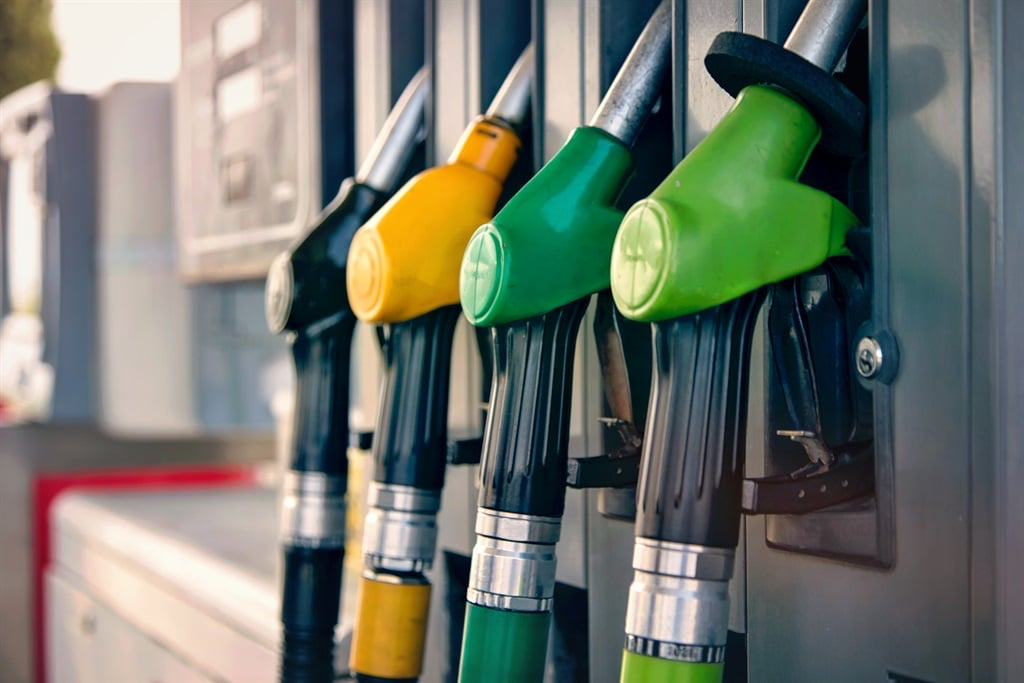KEY POINTS
- Nigeria plans 5% fuel tax from January 2026 to boost non-oil revenue.
- Opposition parties, retailers, and civil groups say the levy will worsen inflation and poverty.
- Labour groups vow mass resistance as analysts warn of political backlash.
The Federal Government’s plan to impose a 5% tax on petrol, diesel and other refined fuels from January 2026 is drawing sharp resistance from opposition parties, fuel retailers, and civil society groups, who warn the levy will deepen economic hardship in Africa’s largest oil producer.
Signed into law last year under the Nigeria Tax Administration Act, the levy is designed to boost non-oil revenues and strengthen fiscal sustainability.
But with pump prices already hovering near ₦950 a liter—almost five times what they were when President Bola Tinubu assumed office in May 2023—critics argue the new tax could push millions further into poverty.
Labour, opposition parties and fuel marketers warn policy could stoke inflation
Peter Obi, Labour Party’s 2023 presidential candidate, called the measure “cruel and insensitive,” urging the government to delay it until citizens see improvements in living standards. The African Democratic Congress echoed his stance, accusing the administration of imposing “propaganda-driven” policies that mask revenue shortfalls while borrowing soars.
Industry operators are equally alarmed. The Petroleum Products Retail Outlets Owners Association of Nigeria (PETROAN) said many of its members would be unable to comply, warning closures could follow. “The times are hard. We shall find it very difficult to obey,” said PETROAN president Billy Gillis-Harry.
Civil society groups argue that end-users will bear the brunt. Juliet Alohan-Ukanwosu of Extractive360 said the surcharge shows government “completely insensitive to the plight of Nigerians,” while Tijan Bolton of Policy Alert warned it would worsen inflation and hurt agriculture and manufacturing output.
The Joint Action Front, a coalition of pro-labor groups, vowed to mobilize mass protests. “We will resist this wicked plan to impose more suffering on Nigerians,” said secretary Abiodun Aremu.
Analysts caution the tax could undermine confidence in Tinubu’s broader economic reforms. “Fuel price increases have a direct pass-through effect on transport, food, and overall inflation,” said Muda Yusuf of the Centre for the Promotion of Private Enterprise. “Implementing the levy without safeguards risks triggering social unrest.”
The Arewa Youth Assembly added a generational dimension, arguing Nigeria’s transition to cleaner energy should not come at the expense of ordinary citizens. “Consumers can only pivot when alternatives are affordable,” said leader Salihu Danlami.
Despite official claims that the levy will stabilize government finances, opponents see it as another blow in a year marked by subsidy removal, surging inflation, and a naira that has lost more than half its value. Whether the government relents—or pushes ahead at the risk of confrontation—remains to be seen.



